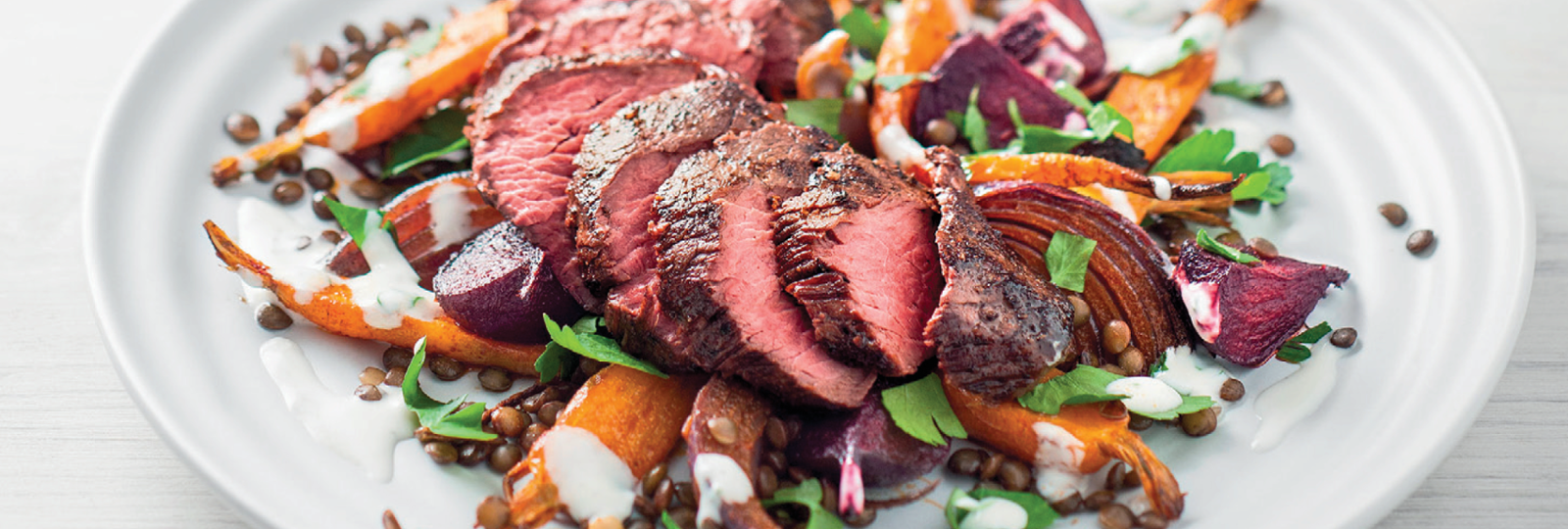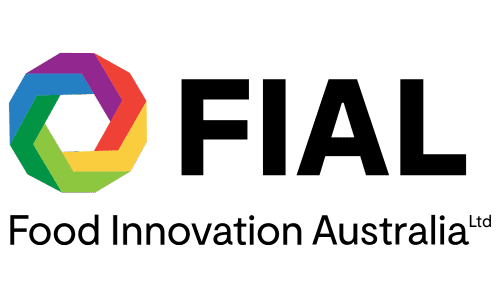Macro Group | Celebrating Australian Food and Agribusiness Innovations 2020

Challenge
There are 48 species of Macropods (kangaroos) in Australia, of which only four can be commercially harvested. Populations are estimated each year using aerial survey techniques. The current number stands at around 50 million, far outnumbering cattle.
Recognising the potential of wild game kangaroo meat as a premium product, for over 30 years Macro Meats founder Ray Borda has worked with governments, developed quality control procedures, supported chefs and educated consumers, spearheading the global kangaroo meat industry.
Solution
Sustainable harvesting and ethical sourcing are key principles which underpin the kangaroo industry. For any kangaroo species to be harvested the conservation authority in the relevant state must have a detailed Management Plan approved by the Federal Department of Environment. These plans must outline annual population monitoring and quota setting controls, and must be renewed every 5 years. After population estimates are determined, each state management plan sets a maximum allowable quota, typically between 10 and 15% of the population.
Kangaroos are harvested only from primary producing properties in Australia and are harvested by skilled professional shooters who must comply with the national code of practice. Through careful management, Ray has helped the industry develop to its current level, processing millions of tonnes of high-quality meat and a range of leather products.
Outcome
Macro Meats enjoys a 90% market share of kangaroo meat for human consumption, supplying major supermarkets nationally and providing other game meats including venison and rabbit. The company also supplies to the wholesale and premium food service markets and has developed a healthy export trade. A fresh pet food range and leather goods brand round out the group’s offering, ensuring that nothing is wasted, further cementing the company’s commitment to sustainable harvesting and processing of an abundant natural resource.
